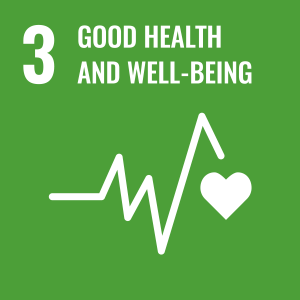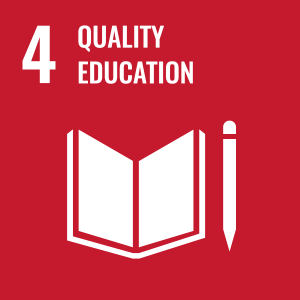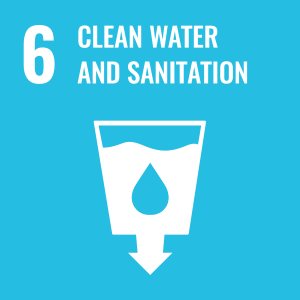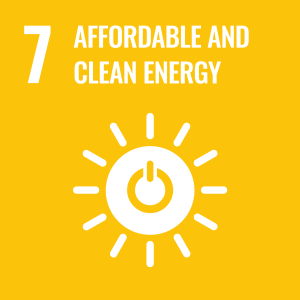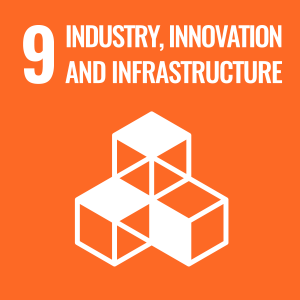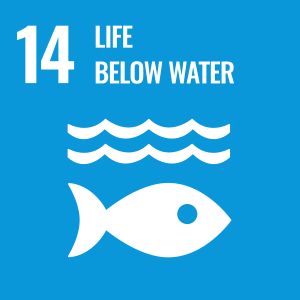Sustainability
Invest in the present in order to contemplate the future.
The future depends on a sustained development for the creation of value. This is Brasmar’s strategy.
At Brasmar, we believe that the creation of value increasingly requires the integration of several dimensions of Sustainable Development in strategic and operational management decisions.
Our sustainability strategy is based on the analysis of the results of the commitment of stakeholders, industry, management strategies and internal good practices, as well as listening to the sector of sea-related products through benchmarking.
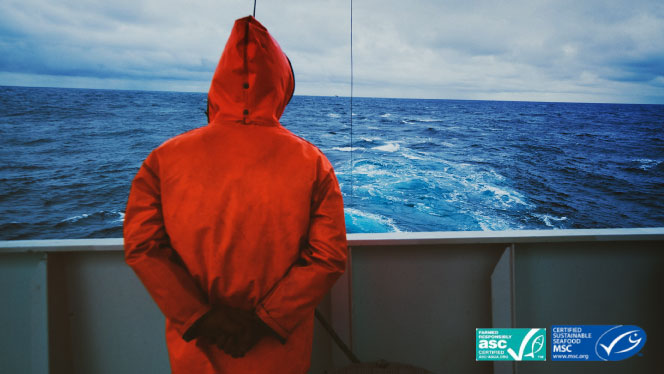
Sustainable fishing
When we acquire sea products, we must ensure that the fish that remain in the water is sufficient to maintain healthy ecosystems and guarantee the possibility of the continuity of fishing in the future.
We pursue the most demanding quality parameters and respect the life cycle of our species, following the criteria for sustainable fishing. To this end, for some species we have the MSC – Marine Stewardship Council and the ASC – Aquaculture Stewardship Council certifications, which are independent, international and non-profit organisations that promote fishing sustainability.

Founded in 1997, the MSC organisation aims to solve the problem of overfishing. The MSC Chain of Custody certification permits that illegally caught fish is maintained outside of the supply chain. Illegal fishing is a serious problem and causes irreversible damage in the marine ecosystem, in terms of subsistence and in the fishing industry all over the world. The labels on seafood products must provide information regarding the species, the fishing source and any data regarding product sustainability. Starting from the moment the fisherman obtains the certification, the product may only display the MSC label when all the parties involved in the supply chain have been certified according to the MSC Chain of Custody standard. The products with the MSC label have the guarantee of coming from sustainable fishing.
Brasmar has the MSC Chain of Custody certification, and is able to process and trade products with this label.
Access the MSC – Marine Stewardship Council certifications here:
Brasmar Portugal
Brasmar Famalicão Unit – Cachide & Roldão
Brasmar Italy
Brasmar USA

Access the ASC – Aquaculture Stewardship Council certifications certifications here:
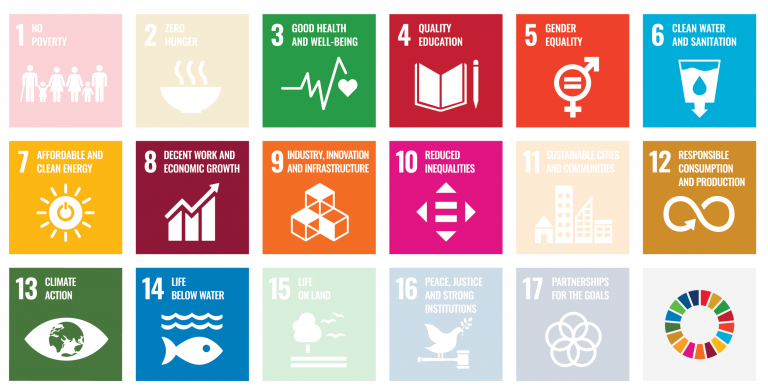
Brasmar's sustainable development goals
Brasmar’s commitment
At Brasmar, we prioritise and recognise the importance of a more sustainable future. To this end, we commit to integrate the Sustainable Development Goals (SDGs), approved by United Nations in September 2015, in the strategies of our company, in order to contribute to the implementation of the 2030 Agenda.
SGD 3 – Good health and well-being
Improve the health promotion programme, which will include anti-smoking consultations. This programme is offered by Brasmar to every employee in the company.
We ensure that the use of cleaning and disinfection products does not pose any risk of health or environmental contamination.
SGD 4 – Quality education
The development of an education programme in local schools aims to promote the enrichment of good civic, social and environmental practices among young people.
Also, the training of all employees at the beginning of their career is a priority for the company, since we consider it crucial that all our workers acquire competences for their professional development, as well as a greater awareness regarding sustainability issues.
SGD 8 – Decent work and economic growth
Every year, we host trainees in our facilities, because we believe in the potential that younger generations have. We consider the experience and learning that comes from working with our professionals as an added value, and we are proud to guide and help these young adults to achieve success in their career paths.
SGD 9 – Industry, innovation and infrastructure
The creation of a new research department aims to address the need for improving our innovation and reinvention capacity. The development of new packaging formats and the design of new and more eco-friendly equipment are some of the envisioned projects.
SGD 10 – Reduced inequalities
At Brasmar, we already have a significant number of employees of several ethnicities, religions, among others, in order to contribute to greater social inclusion. In addition to condemning any form of discrimination, we believe that each individual has the right to decent and honest work.
For that purpose, we meet the conditions required for the integration of workers with reduced mobility and mental disabilities.
SGD 12 – Responsible consumption and production
Brasmar’s contribution to achieving Sustainable Development Goal 12 will imply the development of measures to be applied in our company, which will be comprised of 3 essential aspects: food waste reduction, especially in the company’s canteen, the improvement of the 3Rs policy and the reuse of energy from the machinery, which will be transformed into the use of heat produced by the machines to heat the common areas, as well as the water in the showers and washbasins.






